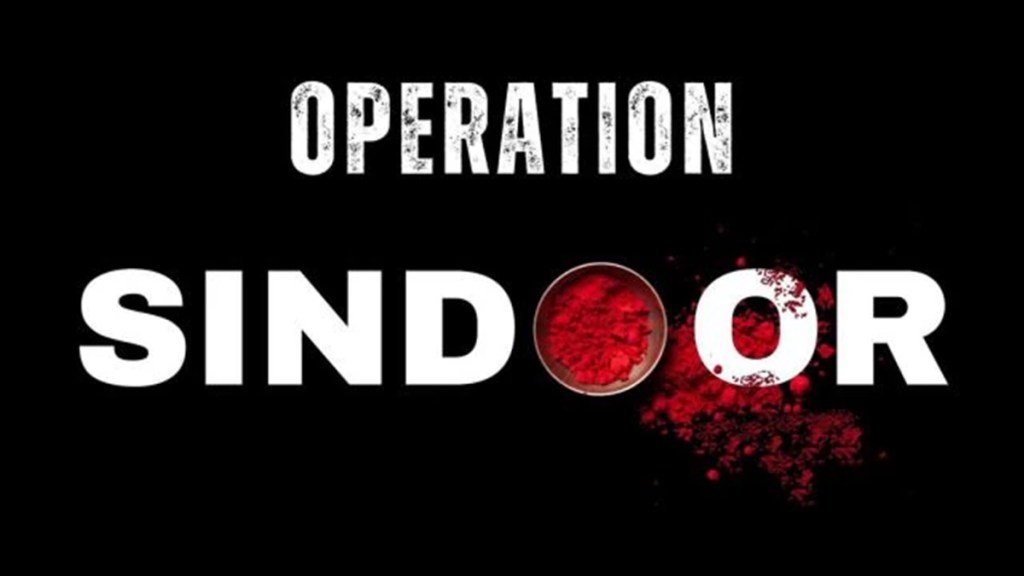India’s response to the dastardly killing of 26 Indian civilians in Pahalgam, Kashmir, on April 22, via Operation Sindoor, was sensitive, restrained, and measured and sent out the right message to Pakistan, namely that India will not brook the killing of innocents by terrorists. At the same time, there should be no doubt that military attacks would be met with a firm response. While the retaliatory action was anticipated given the heinous and brutal nature of the killing of tourists, the government did well to take its time to plan out the action. In the early hours of Wednesday, the country’s armed forces carried out strikes targeting nine terrorist camps in Pakistan-occupied Kashmir and Pakistan. Neither military facilities or Pakistani civilians nor religious sites were targeted. As the government reiterated on Thursday, it is not India’s intention to escalate the situation but to target terrorist infrastructure in a considered, precise, and controlled manner. Defence minister Rajnath Singh underlined India’s moral clarity in combat, saying only those who killed “our innocents” had been struck. The government has also countered allegations that any dams in Pakistan were targeted.
Indeed, New Delhi has been compelled to exercise its right to act since the Pakistan government failed to step in to contain the terrorist menace, even though there was evidence of cross-border involvement. The military action followed other measures such as putting in abeyance the Indus Water Treaty. That again was justified given how India has honoured the treaty despite the adversarial situation, and how it has been calling for a reassessment but Pakistan has not responded to India’s request. While India has won the backing of the global community, several world leaders have called for restraint after Wednesday’s action. UN chief Antonio Guterres and US President Donald Trump called on India and Pakistan to exercise restraint and hoped the hostilities would end “very quickly”. British Prime Minister Keir Starmer said the UK was engaging with both India and Pakistan to push for dialogue and de-escalation. India would do well to use this goodwill and make a case before the United Nations (UN) Security Council; foreign secretary Vikram Misri has said the UN would be updated.
The hostilities continued Thursday as Pakistan escalated its efforts, with the air force, the army, and the navy all remaining on high alert. Pakistan attempted to engage 15 military targets using drones and missiles in northern and western India, including Srinagar, Jammu, Pathankot, Bhatinda, and Jalandhar, a defence ministry official said. The Indian response was as intense as Pakistan’s and an air defence system in Lahore was neutralised.
Ideally, the strife should end quickly without more casualties and damage. Some past conflicts between India and Pakistan have wound down after negotiations, but it is unclear how long it will be before this one is resolved. While the Indian forces must respond to any action by the Pakistani forces, in the air or on the ground, communication channels must remain open and efforts made to end this conflict at the earliest. Operation Sindoor has been successful and the armed forces have proved their mettle. Now, an easing of geopolitical tensions and cessation of hostilities is in the country’s best interests. For Pakistan, in particular, the cost of continued military warfare could be debilitating; its economy is in poor shape and it is looking for financial support. Immediate de-escalation, therefore, is its only logical and humane choice.

